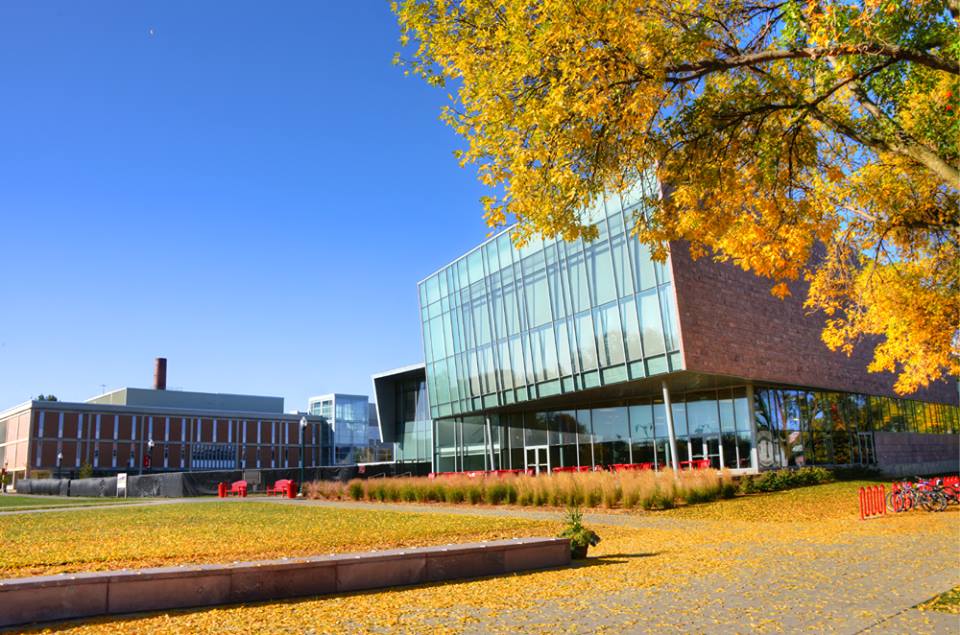Document Type
Article
Publication Date
5-2021
Keywords
Health research, Capacity building, Fragile settings, Conflict-affected, Health workers
Disciplines
Health Communication | Public Health
Abstract
Background
Fragile and conflict-affected settings (FCAS) have a strong need to improve the capacity of local health workers to conduct health research in order to improve health policy and health outcomes. Health research capacity building (HRCB) programmes are ideal to equip health workers with the needed skills and knowledge to design and lead health-related research initiatives. The study aimed to review the characteristics of HRCB studies in FCASs in order to identify their strengths and weaknesses, and to recommend future directions for the field.
Methods
We conducted a scoping review and searched four databases for peer-reviewed articles that reported an HRCB initiative targeting health workers in a FCAS and published after 2010. Commentaries and editorials, cross-sectional studies, presentations, and interventions that did not have a capacity building component were excluded. Data on bibliographies of the studies and HRCB interventions and their outcomes were extracted. A descriptive approach was used to report the data, and a thematic approach was used to analyse the qualitative data.
Results
Out of 8822 articles, a total of 20 were included based on the eligibility criteria. Most of the initiatives centred around topics of health research methodology (70%), targeted an individual-level capacity building angle (95%), and were delivered in university or hospital settings (75%). Ten themes were identified and grouped into three categories. Significant challenges revolved around the lack of local research culture, shortages in logistic capability, interpersonal difficulties, and limited assessment and evaluation of HRCB programmes. Strengths of HRCB interventions included being locally driven, incorporating interactive pedagogies, and promoting multidisciplinary and holistic training. Common recommendations covered by the studies included opportunities to improve the content, logistics, and overarching structural components of HRCB initiatives.
Conclusion
Our findings have important implications on health research policy and related capacity building efforts. Importantly, FCASs should prioritize (1) funding HRCB efforts, (2) strengthening equitable international, regional, and national partnerships, (3) delivering locally led HRCB programmes, (4) ensuring long-term evaluations and implementing programmes at multiple levels of the healthcare system, and (5) adopting engaging and interactive approaches.
Publication Title
Health research policy and systems / BioMed Central
Publisher
[London] : BioMed Central, 2003-
Volume
19
First Page
1
Last Page
23
ISSN
1478-4505
DOI
10.1186/s12961-021-00725-x
Recommended Citation
Mansour, Rania; Naal, Hady; Kishawi, Tarek; Achi, Nassim El; Hneiny, Layal; and Saleh, Shadi, "Health research capacity building of health workers in fragile and conflict-affected settings: a scoping review of challenges, strengths, and recommendations" (2021). Faculty Publications. 30.
https://red.library.usd.edu/ul-fp/30


